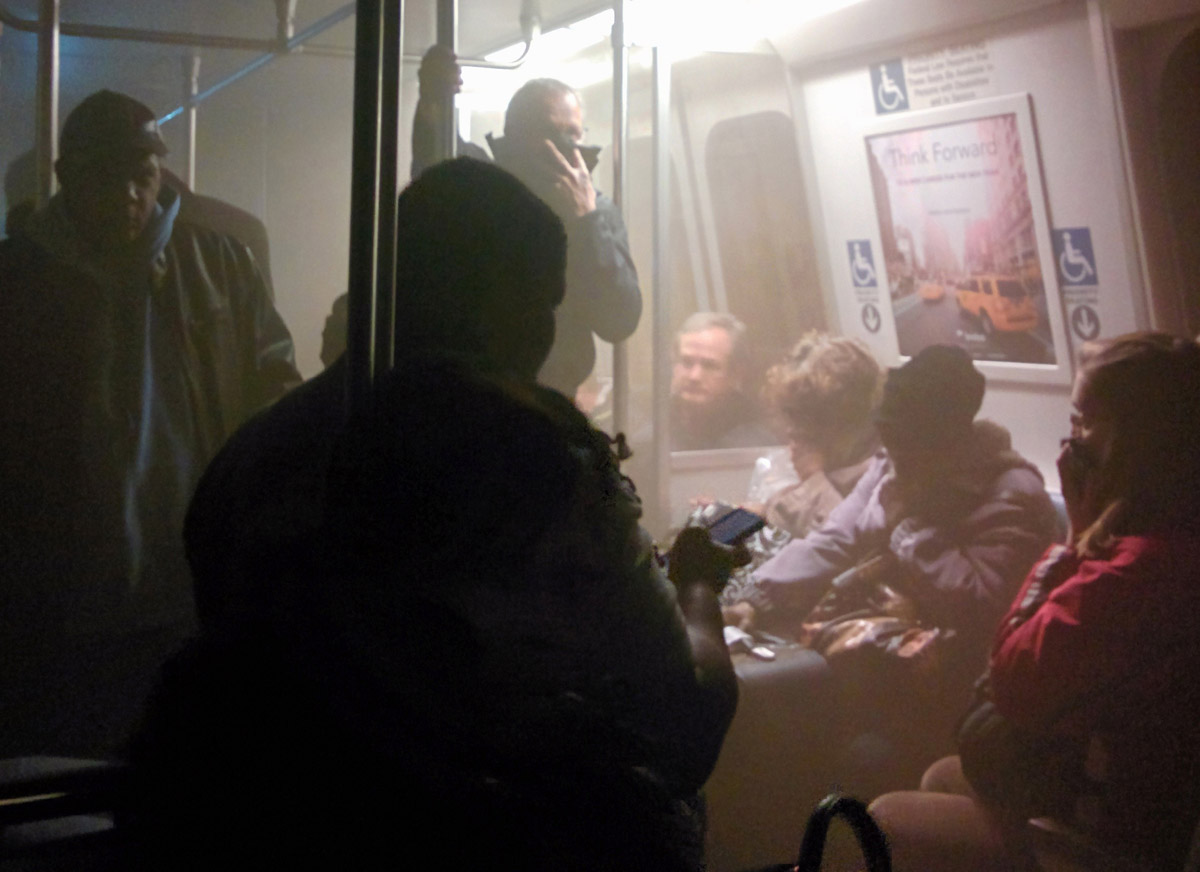WASHINGTON — On the two-year anniversary of a Metro passenger’s death, Metro Board Chairman Jack Evans said Thursday he understands riders’ concerns about the transit agency’s court filings this week claiming it has no legal responsibility to assist riders in the event of smoke or fire.
“Unfortunately that is out there and, as a layman rider, I would be concerned if I read that,” Evans said. “But it is not Metro’s … position that we don’t feel responsible for the safety of our passengers. Quite the contrary, we do feel very responsible for the safety of our passengers.”
Carol Glover died Jan. 12, 2015 after a Yellow Line train got stuck in a tunnel and filled with smoke. The National Transportation Safety Board reported a series of miscommunication mishaps and a litany of other errors. Her family and dozens of other people injured in the incident have filed lawsuits in the case.
Metro’s court filing Monday was an effort to have those cases dismissed or, alternately, to place the blame for the incident on the District.
“We don’t train our people to be a fire department, to be firefighters or to be emergency medical people, that’s not what they are,” Metro General Manager Paul Wiedefeld said Thursday in explaining the filing.
“We are not a fire department, that’s not what we do,” he said.
Citing the ongoing lawsuit, Wiedefeld declined to comment on the specific legal argument in the case that has drawn the ire of so many Metro riders since WTOP first reported it Monday evening.
The District could file a similar motion to dismiss the lawsuits later this month, which could be based on claims of sovereign immunity, which protects governments from lawsuits in certain circumstances.
Evans cited his position as both the leader of the Metro Board and a D.C. Council member as an issue that complicated any comments he might make.
“No, I don’t agree that Metro doesn’t have some responsibility to [help] when a train fills with smoke,” he said. “So, in the abstract, you know, I read that and was puzzled by the statement,” he said.
Evans added, “I don’t think Metro really means that.”
Sources told WTOP that Metro Board members grilled staff Thursday about why the specific argument that Metro has no legal responsibility to help riders in a fire emergency was even included in the filing, when other parts of the court documents make separate arguments based on Metro’s agreements with area fire departments.
“That comment is not one that I wish was … in any legal documents but I’m not part of the legal strategy,” Evans said.
“What I would tell the riders is that they can trust Metro that if any emergency occurs on any of our cars or in our system that we will respond with the greatest alacrity and try and provide the safest system we can,” he said.







